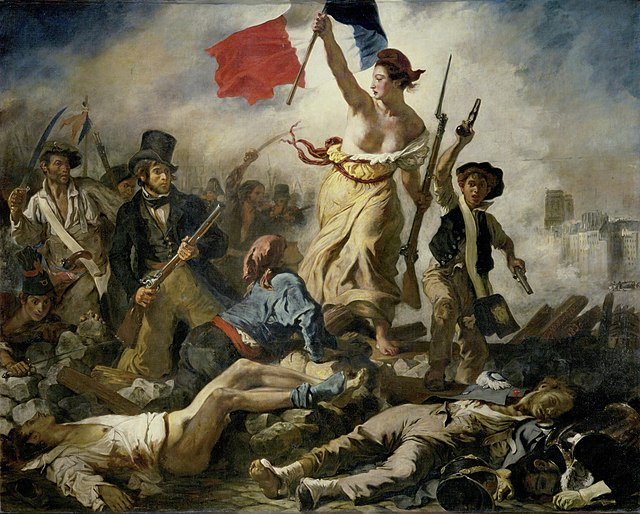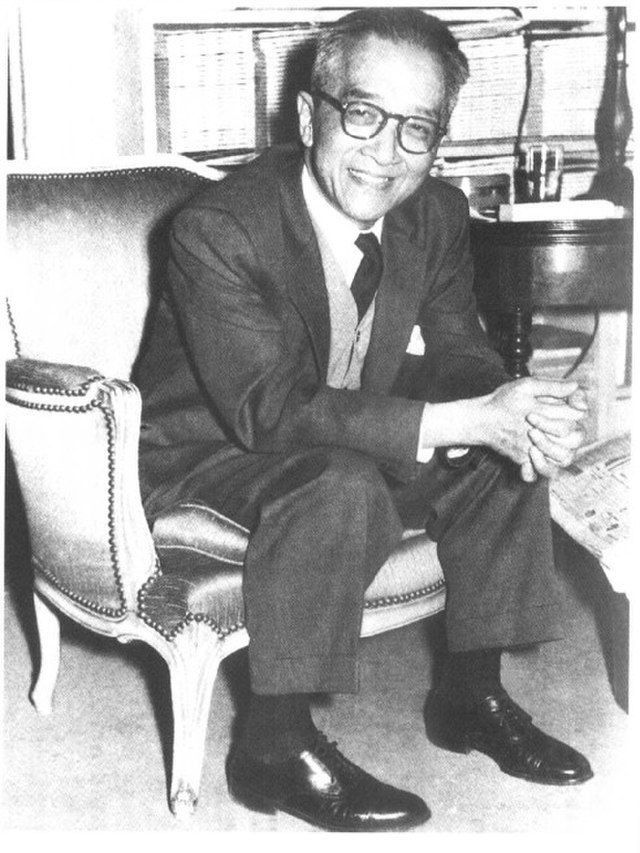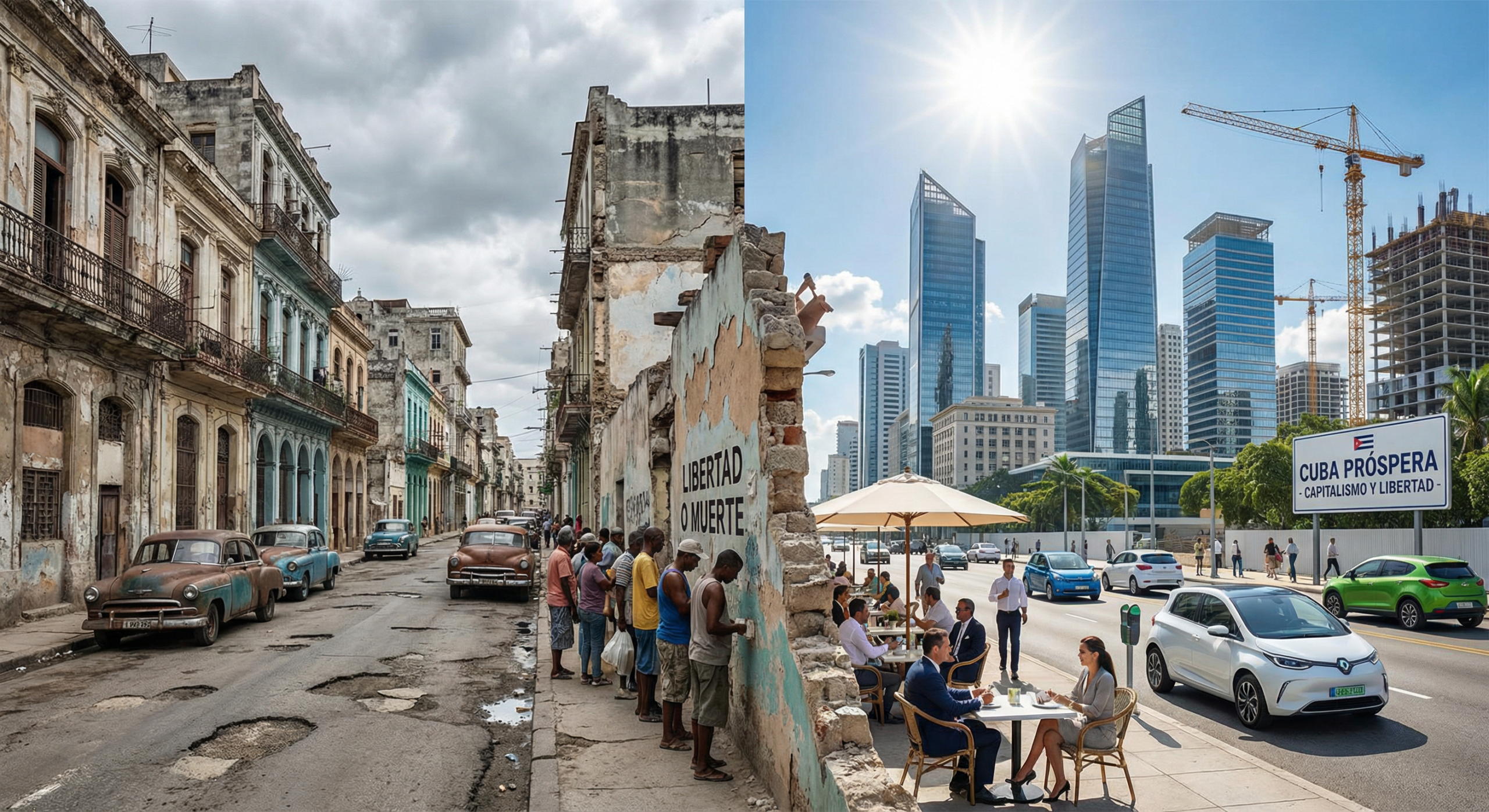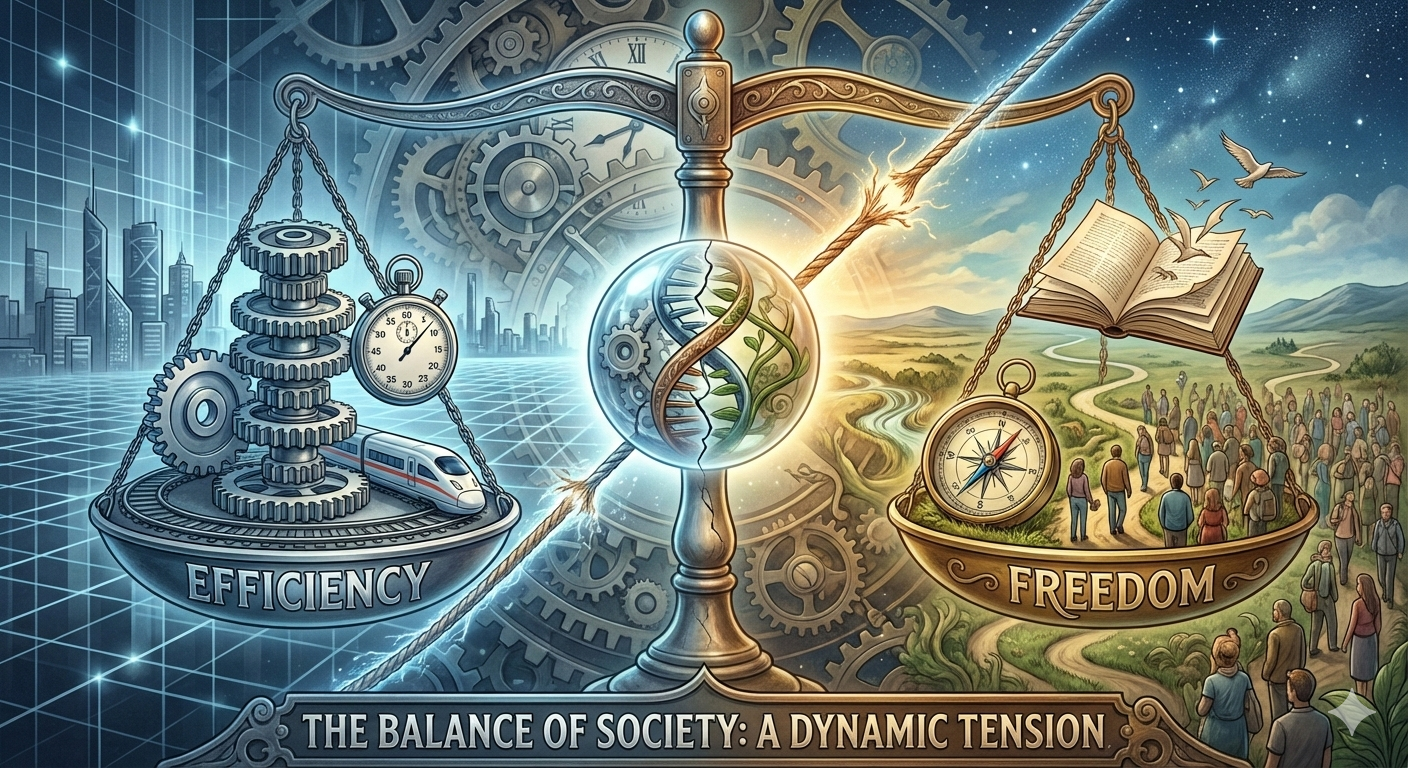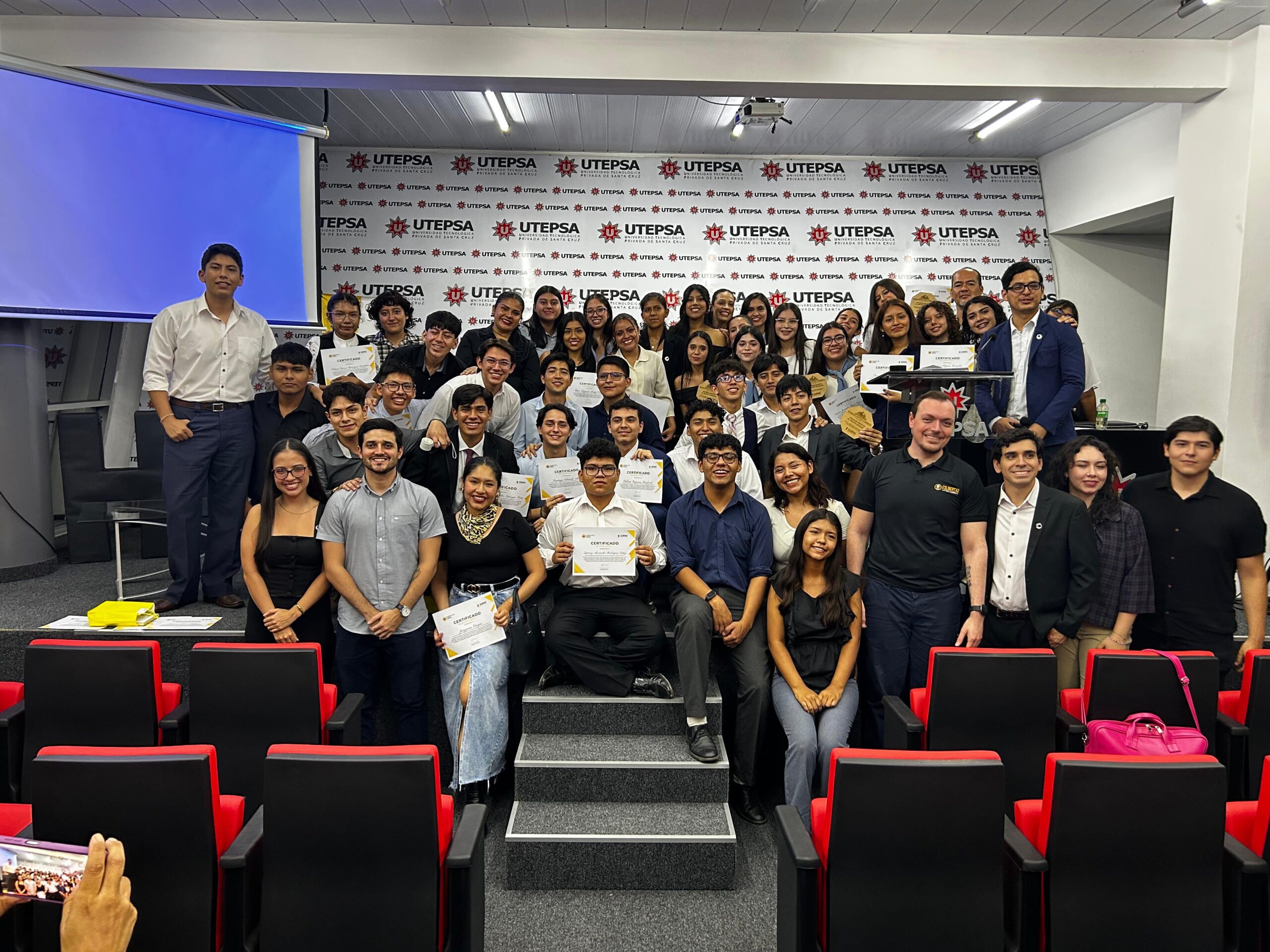Image citation: La Liberté guidant le peuple by Eugène Delacroix, licensed under Wikimedia Commons
As individuals, we arrive in this world with two main goals: I) to achieve our self-preservation and II) follow (or better say reach) happiness. It is from these two objectives that our individual rights are derived. “Life, Liberty, and Property” is not just a slogan. They are logical implications inherent within the above-mentioned two objectives.
In his Second Treatise of Government, John Locke, the father of classical liberalism, developed the idea of these three fundamental rights: this formed the cornerstone of liberal thought. For him, within a pre-state society, better known as the “state of nature,” an environment where there is no State and individuals interact without a centralized authority, individuals naturally find themselves in a state of perfect liberty to order their actions and dispose of their possessions, as well as a state of equality to enjoy the same advantages that nature offers, without subordinating or coercing each other. From this state of perfect liberty and state of equality for each individual, our natural rights arise: We are all free and equal, therefore no one should attempt against anyone’s life, no one should interfere with anyone’s freedom, and we can use our actions as we please -as long as we do not violate the rights of others-; thus we can appropriate things without an owner or produce our own goods.
However, someone might ask, why are these prerogatives so important? Should we take freedom into consideration, or would it be better for others to make our decisions? Is it correct to include property here, simply understanding it as material objects?
Let us continue our discussion by talking about why Life, Liberty, and Property matter.
Life is the easiest thing to justify, all animals on earth try to flee from death, seeking to cling as much as possible to their vital energy. Humans are no exception, we can do nothing without life. Liberty to take control of our life and make the decisions that we think that are correct to reach self-preservation and get our happiness. Analyzing our own circumstances and needs, probably no one is better than ourselves to decide what actions to take for self-preservation, and regarding happiness; having been defined as a subjective and personal aspect of each individual, only we could know what makes us happy. Freedom is fundamental to choose what to do to orient ourselves towards these two objectives. Finally, property is understood as means or tools that we use to to orient ourselves towards these goals. Without a right to property we cannot plan our future. Imagine if we could only count on what we carry with us: every day would be a struggle to find something to eat or a place to sleep; not to mention the impossibility of achieving any progress or improvement in the quality of life of individuals because of the impossibility of saving. The right to property allows us to plan, to improve our current conditions and quality of life and to enjoy the world.
Meanwhile, nothing stops somebody from arriving and making the decision to violate our rights. Thinkers like Thomas Hobbes or James Buchanan have warned about the dangers of anarchy, such as problems of cooperation or the war of all against all.
Let’s position ourselves in that situation to see it clearly. Let’s imagine that there is no police or anyone to turn to in case of aggression, and there are no positive laws that establish what can and cannot be done. Small communities integrated by families with their own social norms that tell them how to act would likely emerge. However, there is no ultimate guarantor who can protect their individual rights. Each small community would have its own social norms, without a centralized authority, and each would act as it wishes. What would prevent a stronger group from killing or enslaving another, or forcing them to submit? How would we protect our property if someone wanted to steal it? And even though we could prepare us to repel such aggression, building walls and equipping ourselves with a large arsenal, this situation would force us to live in a constant state of alarm: a war of all against all, endangering our life and distracting us from our objective of reaching happiness. This is where the State appears.
It is not superfluous to clarify the discrepancy between James Buchanan and the other thinkers mentioned so far, with respect to the theory of natural rights. Although Buchanan is a contractualist like John Locke or Thomas Hobbes, he is skeptic about this idea for he considers it to be vague and arbitrary, as that it could lead to the imposition of particular moral and ethical views on others: “The notion of natural rights is a metaphysical concept without foundation in reality” (Buchanan, James. “The Limits of Liberty: Between Anarchy and Leviathan.” University of Chicago Press, 1975, p. 15).
State displays the position of a referee between men and as the guarantor of our individual rights. It is its mission to prevent these aggressions that also generates a space where everybody can develop freely and follow their own life´s plans. From the task of protecting individual rights, we can find the two principal (unique to some thinkers) functions of the State.
The author takes an elaborative approach on this in part 2 of the scroll.
